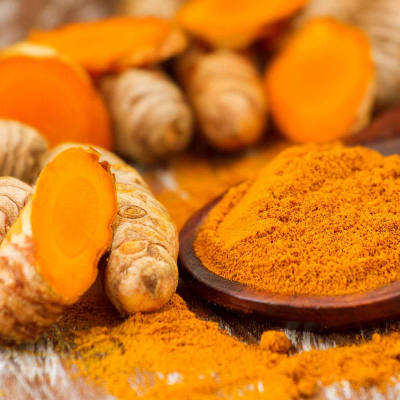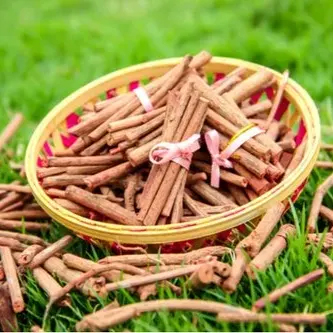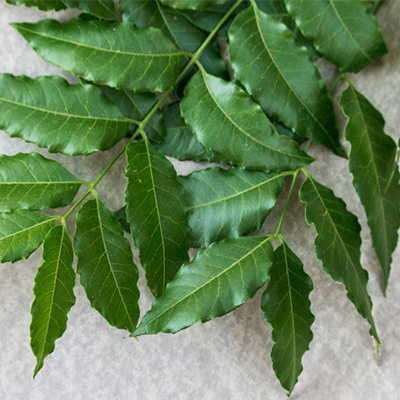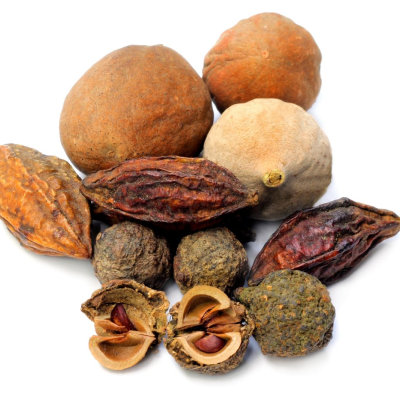Swelling of lymph nodes, also called lymphadenopathy, occurs when the lymph nodes (small, bean-shaped structures that are part of the immune system) become enlarged. Lymph nodes filter harmful substances like bacteria, viruses, and toxins, helping the body fight infections. Swelling is usually a sign that the body is responding to an infection or other medical condition.
Causes of Swollen Lymph Nodes
Infections (Most Common)
- Viral: Cold, flu, or mononucleosis.
- Bacterial: Strep throat, tuberculosis, or skin infections.
- Parasitic: Toxoplasmosis.
- Fungal: Certain fungal infections can also cause swelling.
Immune System Disorders
- Rheumatoid arthritis or lupus can lead to swollen lymph nodes
Cancers
- Lymphoma: Cancer of the lymphatic system.
- Leukemia: Blood cancer affecting the lymph nodes.
- Metastatic Cancer: Cancer that spreads to the lymph nodes from another organ.
Injury or Trauma
- Cuts, burns, or injuries near the lymph nodes may cause swelling.
Medications and Vaccinations
- Some drugs and vaccines can trigger temporary lymph node swelling.
Other Causes
- HIV, syphilis, or cat-scratch disease.
Signs and Symptoms of Swollen Lymph Nodes
General Symptoms
- Swelling or lumps under the skin (commonly in the neck, armpits, or groin).
- Tenderness or pain in the affected area.
Infections
- Fever, chills, or sore throat.
- Runny nose, cough, or signs of infection in nearby areas.
Severe or Persistent Conditions
- Night sweats, unexplained weight loss, or fatigue.
- Firm, hard, or immovable lymph nodes (could indicate cancer).
- Redness, warmth, or pus (indicates abscess or infection).
Diagnosis of Swollen Lymph Nodes
Physical Examination
- Doctors feel the lymph nodes for size, tenderness, and texture.
Blood Tests
- Check for infections, immune disorders, or cancers.
Imaging Tests
- Ultrasound, CT scan, or MRI to view lymph nodes and surrounding tissues.
Biopsy
- Removal of a lymph node or part of it to test for cancer or specific infections.
Other Tests
- Tests for specific infections like tuberculosis, HIV, or Epstein-Barr virus.
Swelling in the lymph nodes often indicates an underlying condition, and diagnosis helps determine the exact cause.
Ayurvedic Perspective on Swollen Lymph Nodes
In Ayurveda, swollen lymph nodes can be related to Granthi (localized swelling or cysts) or Shotha (inflammation). This condition arises from imbalances in the doshas:
- Vata Imbalance: Causes pain, dryness, and hardness in the swelling.
- Pitta Imbalance: Leads to redness, heat, and tenderness.
- Kapha Imbalance: Results in soft, painless, slow-growing swellings.
Swollen lymph nodes are also linked to poor lymphatic circulation, weakened immunity, and Ama (toxins) accumulation in the body due to improper digestion.
Ayurvedic Treatment for Swollen Lymph Nodes
Detoxification and Panchakarma
- Virechana (Purgation): Removes Pitta-related toxins.
- Abhyanga (Oil Massage): Improves lymphatic flow and reduces swelling.
- Raktamokshana (Bloodletting): Useful in severe Pitta-related conditions.
External Applications
- Warm Herbal Poultices: Made from neem leaves, turmeric, or castor oil to reduce swelling and pain.
- Oil Massage: Use medicated oils like Maha Narayana Taila or Dashamoola
Dietary Recommendations
What to Eat:
- Light, warm, and easily digestible foods like moong dal soup, khichdi, and cooked vegetables.
- Fresh fruits like papaya and pomegranate for immunity.
- Spices like turmeric, ginger, and cumin to improve digestion and reduce inflammation.
What to Avoid:
- Heavy, fried, and oily foods.
- Cold or refrigerated items that aggravate Kapha.
- Excess sugar, salt, and processed foods.
Lifestyle Recommendations
- Stay active with gentle exercises like walking or yoga to promote lymph flow.
- Practice deep breathing and relaxation techniques to reduce stress.
- Ensure proper hydration to flush out toxins.
Yoga Asanas
- Viparita Karani (Legs-up-the-Wall Pose): Enhances lymphatic drainage.
- Sarvangasana (Shoulder Stand): Stimulates lymphatic circulation.
Pranayama
- Anulom Vilom (Alternate Nostril Breathing): Balances doshas and calms the mind.
- Kapalabhati: Detoxifies the body.
Herbal Remedies
Ashwagandha
Boosts immunity and strengthens the lymphatic system.
Turmeric (Haridra)
Anti-inflammatory and antibacterial properties.
Manjistha
Cleanses the blood and improves lymphatic circulation.
Neem
Purifies the blood and fights infections.
Triphala
Aids in detoxification and improves digestion.
Preventing Swollen Lymph Nodes Naturally
- Follow a healthy, balanced diet to improve digestion and immunity.
- Maintain good hygiene to prevent infections.
- Avoid excessive cold exposure, which can aggravate Kapha.
- Stay physically active to enhance lymphatic flow.
- Practice regular detoxification through Ayurvedic herbs and therapies.
By focusing on detoxification, immunity enhancement, and lifestyle modifications, Ayurveda provides a holistic approach to managing swollen lymph nodes and promoting overall health.








